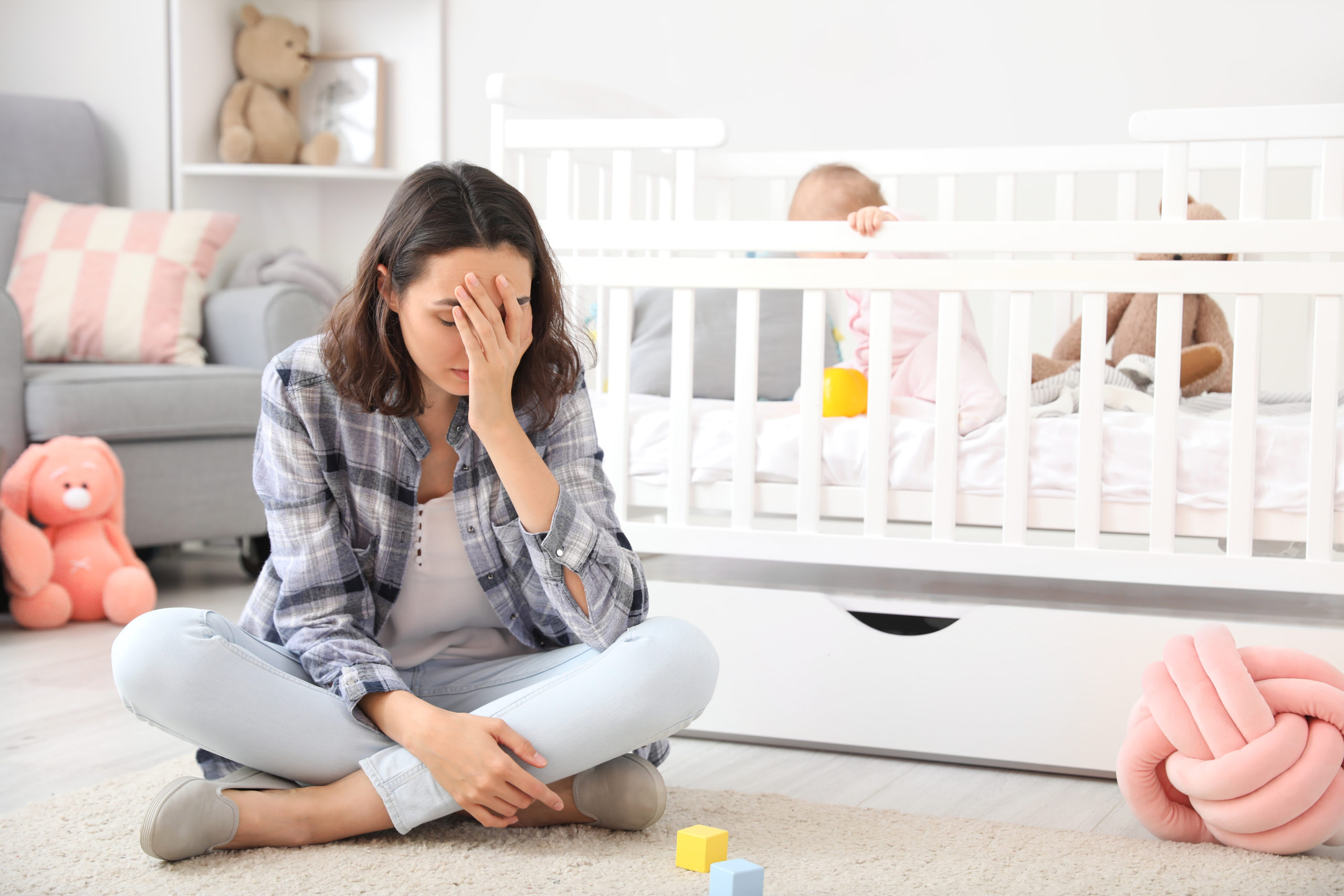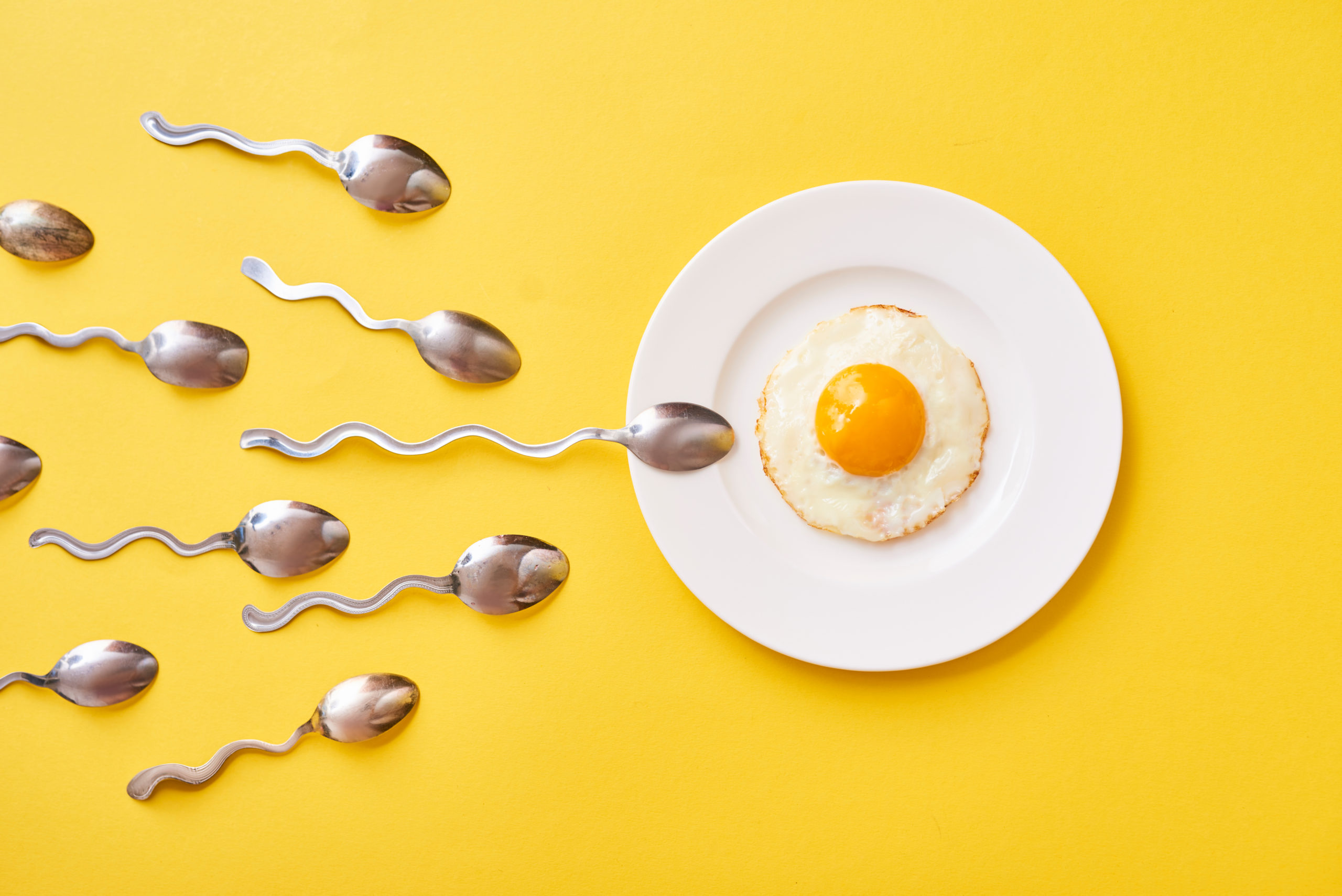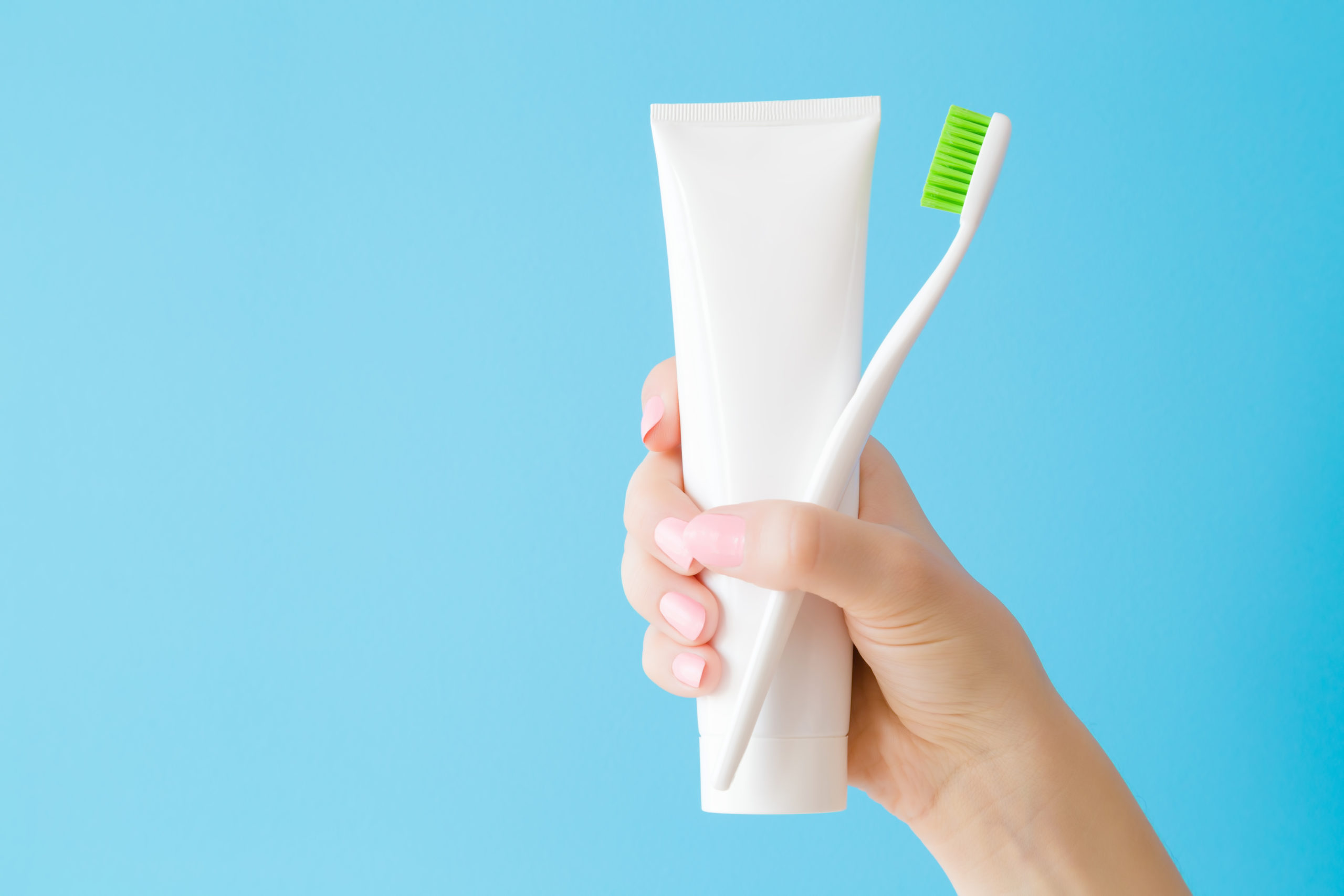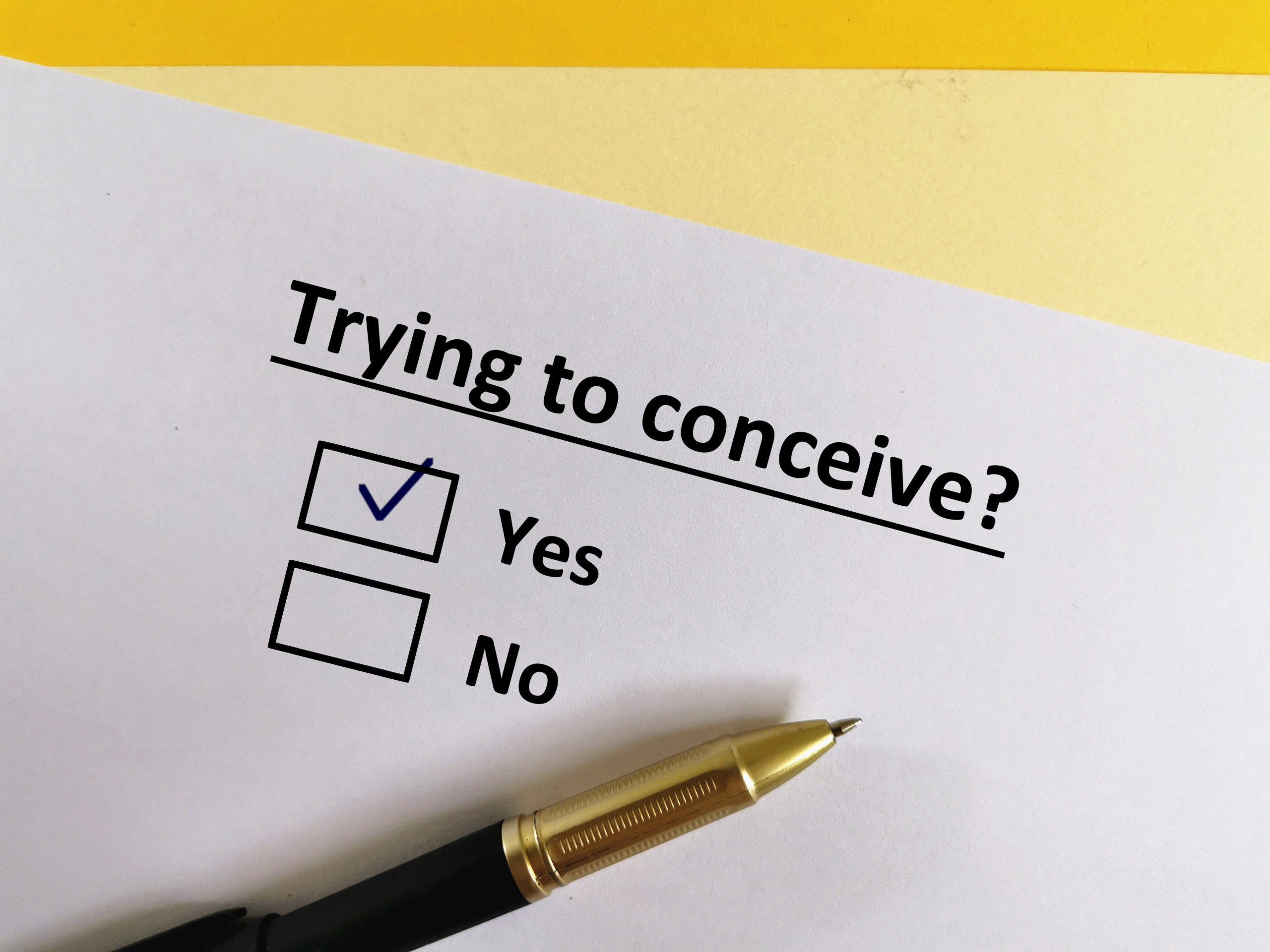By: Vaishnavi Raju | Date: January 15, 2021
Postpartum Depression : The Mental Health Problem That Nobody Talks About
"Did You Know That Around 15 Percent Of Mothers Struggle With Postnatal Depression?"

Becoming a mother is one of the most anticipated life stages and the happiest times in one’s life. But it can also be the start of an emotional roller coaster ride. Thrilling moments of joy are often interrupted by dark and depressing thoughts that plunge you into despair.
These mood swings can cause many new mothers to feel lost, helpless and confused about what is happening to them. Our teams of experts bring you all information to guide and support new mothers struggling with postpartum depression.
What Is Postpartum Depression?
The term postpartum or postnatal mean after childbirth.
Thus, postpartum depression (also known as postnatal depression) refers to the feelings of depression and anxiety, that many women struggle with after the birth of the baby.
After giving birth, many women experience mild mood changes, along with feels of general exhaustion and worry. We know this as Baby Blues and usually last for a period of around 2 weeks.
However, if mood swings continue to get extreme or if the feelings of anxiety and unhappiness get severe, or if they last longer than 2 weeks, then there is a possibility that woman may have postpartum depression.
Postnatal depression is a complex mix of emotional and behavioural changes that many women experience after childbirth. It affects around 15 percent of mothers within the first 10 days after giving birth. Sometimes, this depression in women may start during pregnancy or may develop after the first postpartum month.
Women with postnatal depression need medical treatment to help them overcome these feelings.
Hera Pro Tip: Unexpected sadness and anxiety in new fathers must not be ignored. Around 1 percent of new fathers also experience postpartum depression.- HERA
What Are Postpartum Depression Causes?
There are many postpartum depression causes in women.
Hormonal Causes
During pregnancy, the levels of the female hormones estrogen and progesterone are the highest peak. Within the first 24 hours after giving birth, the hormone levels dramatically drop back to pre-pregnancy levels. This sudden change in hormone levels may contribute to depression.
Thyroid Function
There is no conclusive data on the role of thyroid function in postnatal depression. Howeve, many researchers believe that thyroid dysfunction after giving birth can cause postnatal depression in some women.
Physical Exhaustion
For many new mothers, the stress and physical exhaustion of looking after a newborn can trigger postnatal depression. Even post-delivery exhaustion and the lack of sleep that new mothers struggle with can trigger postnatal depression in mothers.
Emotional Causes
Looking after a new baby can be overwhelming. Many women struggle with doubts about their ability to be an responsible mother, their ability to produce milk to feed the baby, coupled with an unrealistic need to be a perfect mom. These emotional causes can lead to stress and anxiety, triggering postnatal depression in women.
Loss Of Identity And Self Image
Many women find it difficult to identify with their postnatal bodies. They may feel unattractive, feel the loss of control over their life, and may struggle with the new identity of motherhood. These are also potential triggers for postnatal depression.
What Are Postpartum Depression Signs and Symptoms?
Symptoms of postnatal depression vary for every new mother. Some common symptoms include :
Physical Symptoms
- Change in eating patterns–loss of appetitive or increased appetite
- Insomnia
- An overwhelming sense of tiredness
- Decreased libido
- Crying spells without any particular reason
- Diminished concentration
Emotional Symptoms
- Loss of interest in previously enjoyable activities
- Difficulty in bonding and connecting with the baby
- Withdrawing from family and friends
- Intense irritability
- Unexplained bouts of anger
- Self-doubt
Psychological Symptoms
- Severe mood swings
- Feelings of depression and hopelessness
- Anxiety and panic attacks
- Suicidal thoughts
- Thoughts of harming the child
Hera Pro Tip: Speak to your doctor if any of these symptoms persist beyond two weeks.- HERA
Types of Postnatal depression
Based on the time between delivery and onset of depression, and the severity of the symptoms, there are three major classifications of postnatal depression.
Baby Blues
This occurs in most women in the immediate days following childbirth. It is characterized by mood swings. Baby blues does not last for very long and may vary from a few hours or a few weeks after delivery.
Perinatal Depression
Perinatal depression is a type of depression that starts during pregnancy. The symptoms can range from mild to severe.
Postnatal depression
Postnatal depression is like baby blues, but the intensity and duration of symptoms are more. It is as a major depressive disorder.
Postpartum Psychosis
Postpartum psychosis is a rare but severe form of postpartum depression that can affect 4 new mothers out of every 1,000 births. It is a serious mental illness with symptoms that include visual and auditory hallucination, delusion, insomnia, feelings of agitation and anger, restlessness, pacing paranoia, disorganized behaviour, poor judgment, and impaired functioning.
Postpartum psychosis usually happens within the first three months after childbirth. Women diagnosed with this condition need urgent treatment right, including medication. Often they are also put in a hospital because they are at risk for hurting themselves or others. Infanticide is one of the most serious risks of postpartum psychosis.
What Is Postnatal depression Treatment?
If you have the baby blues, you may not need treatment from. Often, joining a support group of new mothers or talking with other new mothers can help.
Postpartum depression treatment depends on the type and severity of a woman’s symptoms.
For most women, Postpartum depression treatment will include psychotherapy, counseling, support groups along with antidepressant medications. For severe cases, an intravenous infusion of a new medication called Brexanolone (Zulresso) is often prescribed.
For postpartum psychosis, drugs used to treat psychosis, and hospital admission is also often necessary.
Hera Pro Tip: If you are breastfeeding, speak to your doctor and get medical supervision so that you can women continue their medication while breastfeeding..- HERA
Complications And Risk Factors of Postnatal depression
If left untreated postnatal depression can affect the ability to parent. It can hamper mother-child bonding. In severe cases, it can lead to thoughts of self–harm, harming others or harming the baby.
Research has proven toddlers of depressed mothers are at risk for developing poor language development, poor self-control, internalizing and externalizing problems, and difficulties in cognitive functioning and social interactions. Adolescent children are at risk for impaired adaptive functioning and psychopathology. They are also at risk for ADHD and learning disabilities.
Some postnatal depression risk factors include:
Psychological Risk Factors
- Previous history of depression and anxiety
- Family history of depression
- Negative attitude toward the recent pregnancy
- History of sexual abuse
- Recent loss through death or divorce
Obstetric risk factors
According to a study, having two or more children can cause postnatal depression because of the higher psychological burden
- A risk-filled pregnancy
- Labor and postnatal complication
- While there is no conclusive evidence, researchers believe that postnatal anaemia can cause postnatal depression.
- Having twins, triplets, or other multiple
- Premature delivery
- Giving birth to a special needs infant
Biological Risk Factors
- Young maternal age
- Nutritional deficiencies
Social Risk Factors
- Lack of emotional support and financial support
- Sexual violence and other forms of domestic violence during pregnancy
- Low education and income
Lifestyle Risk Factors
- Lack of sleep and exercise
- Stress
How to Prevent Postnatal depression ?
During Pregnancy
If you have a history of depression, inform your doctor so they can monitor you for symptoms. They may prescribe you with medications for severe cases. You can also join maternal support groups and childbirth classes to prepare yourself for the next stage of life.
After Childbirth
After your baby is born, your doctor may recommend an early postnatal checkup to look for symptoms of postnatal depression. You will be encouraged to do light physical exercises, attend counselling sessions and breastfeed your child, and this can reduce the chances of postnatal depression. If you have a history of postnatal depression, your doctor may recommend treatment as soon as you have the baby.
Hera Pro Tip: Ask for help when needed, as coping with a newborn can be physically and emotionally tiring.- HERA
The Bottom Line,
Postnatal depression is a medical condition that many women get after having a baby. It is important to remember that this condition is not the mother’s fault and is probably is caused by a combination of many factors. Postnatal depression can be treated and with the right support you can enjoy motherhood and bonding with your baby.
To know more about postnatal health tips, subscribe to the Hera blog.






